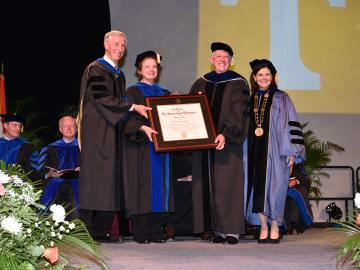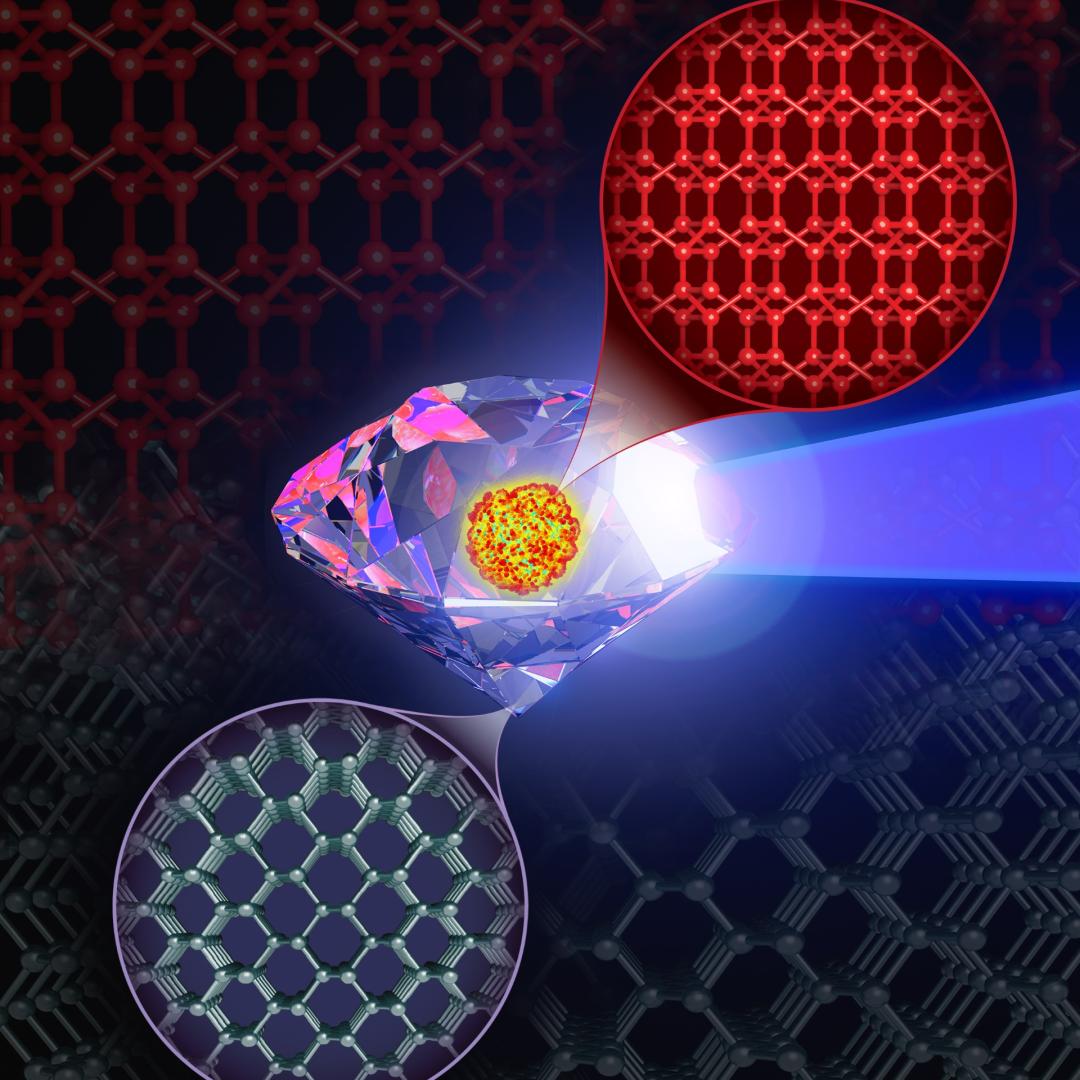
Filter News
Area of Research
- Biological Systems (2)
- Biology and Environment (18)
- Clean Energy (22)
- Climate and Environmental Systems (2)
- Computational Engineering (1)
- Computer Science (2)
- Data (1)
- Fusion and Fission (1)
- Materials (15)
- National Security (17)
- Neutron Science (5)
- Nuclear Science and Technology (2)
- Nuclear Systems Modeling, Simulation and Validation (1)
- Supercomputing (34)
Date
News Topics
- 3-D Printing/Advanced Manufacturing (2)
- Advanced Reactors (1)
- Artificial Intelligence (22)
- Big Data (28)
- Bioenergy (3)
- Biology (5)
- Biomedical (6)
- Biotechnology (2)
- Buildings (3)
- Chemical Sciences (2)
- Clean Water (2)
- Climate Change (17)
- Computer Science (32)
- Coronavirus (2)
- Cybersecurity (3)
- Decarbonization (2)
- Emergency (1)
- Energy Storage (1)
- Environment (24)
- Exascale Computing (6)
- Frontier (6)
- Fusion (1)
- Grid (5)
- High-Performance Computing (12)
- Hydropower (2)
- Isotopes (1)
- ITER (1)
- Machine Learning (11)
- Materials Science (5)
- Mathematics (2)
- Microscopy (2)
- Molten Salt (1)
- Nanotechnology (4)
- National Security (17)
- Net Zero (1)
- Neutron Science (2)
- Nuclear Energy (3)
- Physics (4)
- Quantum Science (1)
- Security (3)
- Simulation (6)
- Space Exploration (1)
- Statistics (1)
- Summit (8)
- Sustainable Energy (5)
- Transportation (5)
Media Contacts
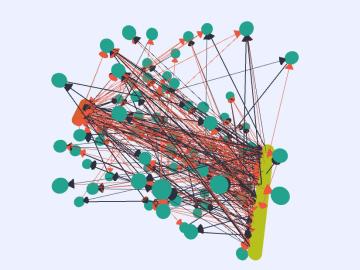
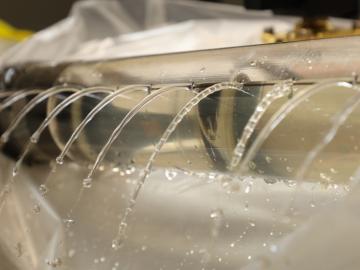
A precision approach to treating snow- and ice-covered roads, developed by an Oak Ridge National Laboratory-led research team, aims to help cities effectively allocate resources and expand coverage on roadways. The combined software and hardware technology analyzes existing city data and uses high-resolution modeling to identify areas most vulnerable to drivers during hazardous weather conditions.
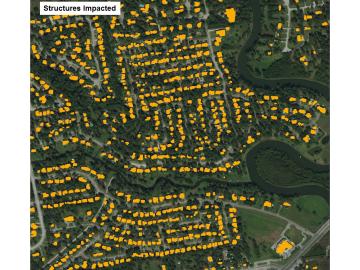
Geospatial scientists at Oak Ridge National Laboratory have developed a novel method to quickly gather building structure datasets that support emergency response teams assessing properties damaged by Hurricanes Harvey and Irma. By coupling deep learning with high-performance comp...
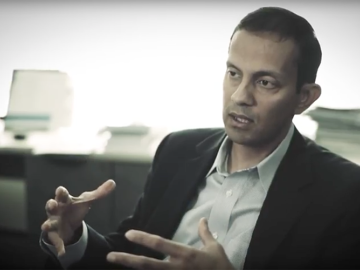
The field of “Big Data” has exploded in the blink of an eye, growing exponentially into almost every branch of science in just a few decades. Sectors such as energy, manufacturing, healthcare and many others depend on scalable data processing and analysis for continued in...
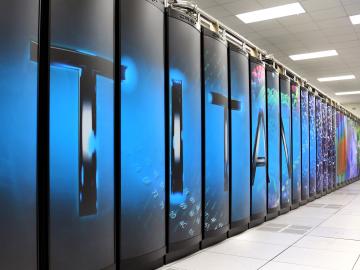
A team of researchers from Oak Ridge National Laboratory has been awarded nearly $2 million over three years from the Department of Energy to explore the potential of machine learning in revolutionizing scientific data analysis. The Advances in Machine Learning to Improve Scient...
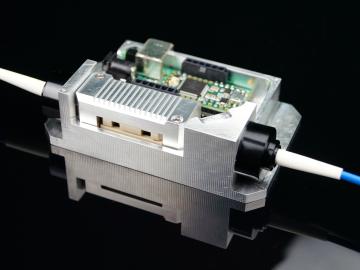
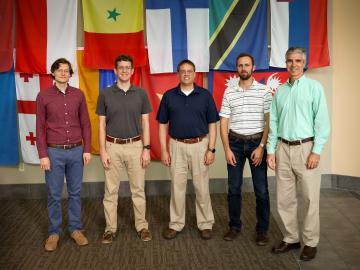
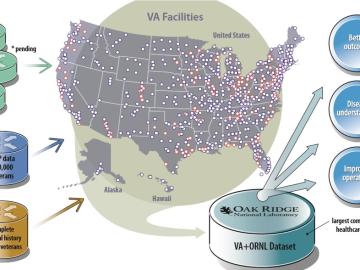
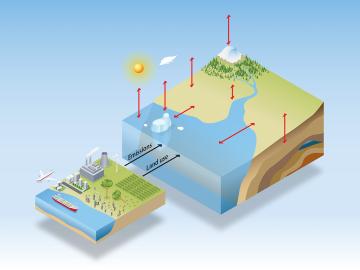
A new integrated computational model reduces uncertainty in climate predictions by bridging Earth systems with energy and economic models and large-scale human impact data. Co-developed by Oak Ridge National Laboratory, the novel integrated Earth system model, or iESM, leverages the power of supercomputers, including ORNL’s Titan, to couple biospheric feedbacks from oceans, atmosphere and land with human activity, such as fossil fuel emissions, agriculture and land use.
